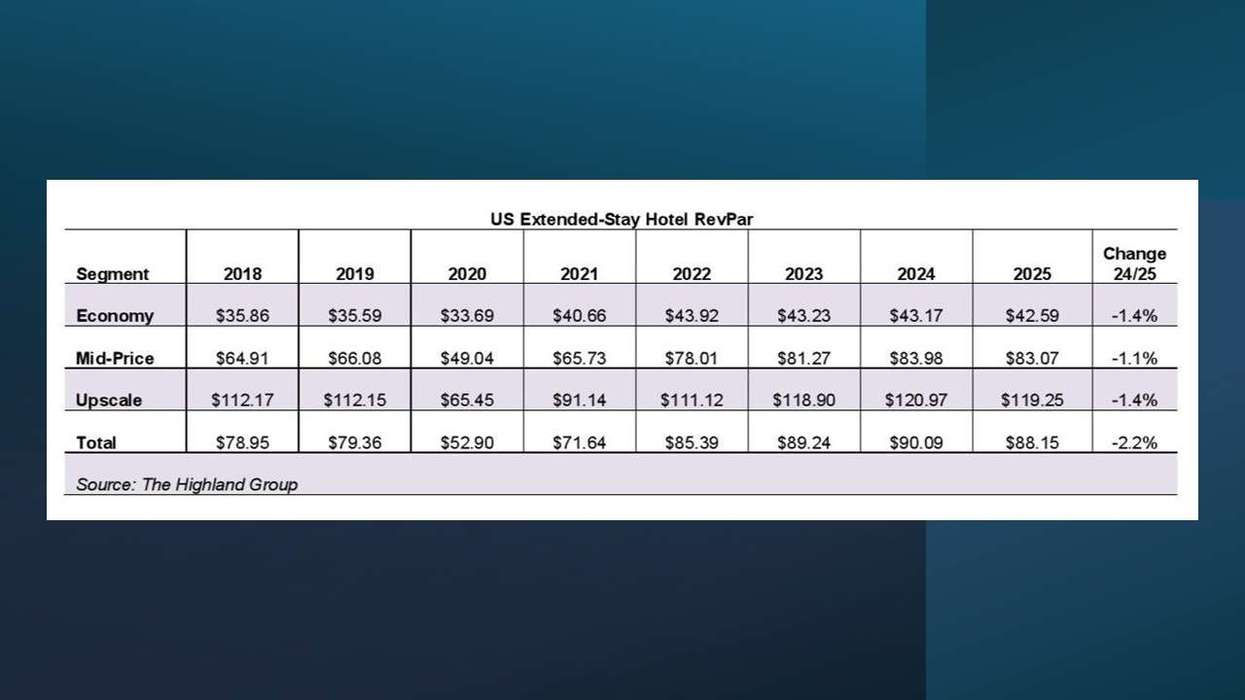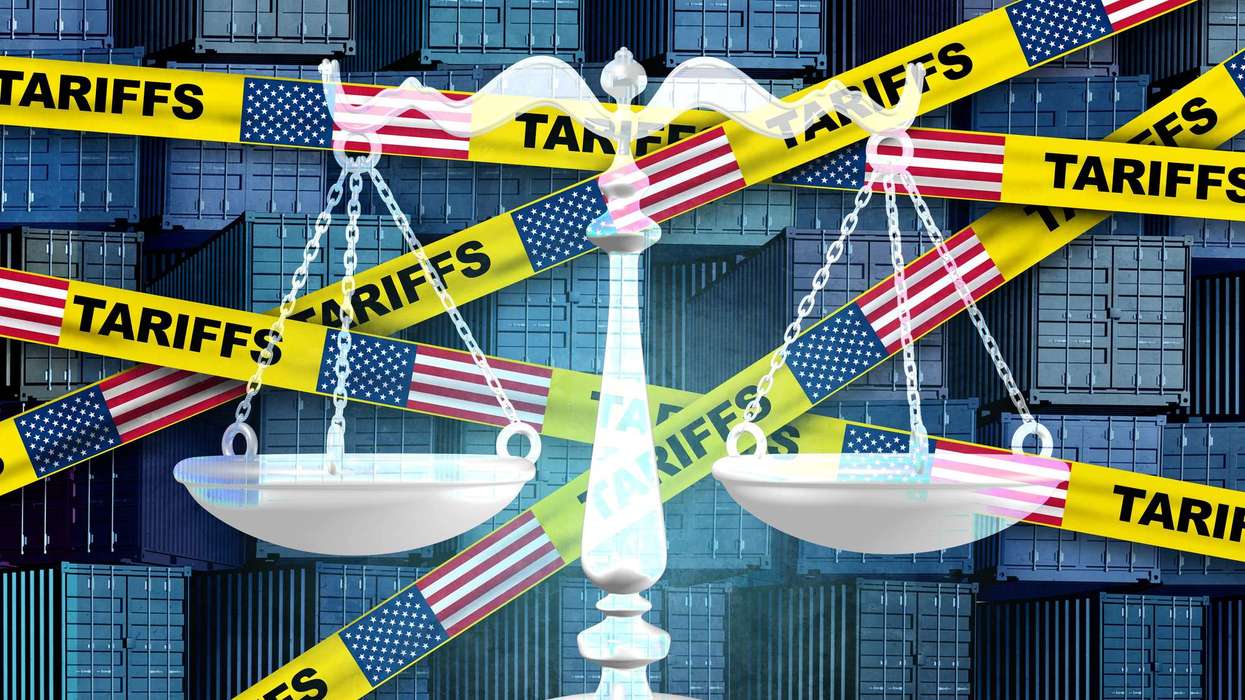A SIMPLE COLOR TV and remote are no longer sufficient entertainment for today’s travelers. It is essential to provide the technology and service personalization that most consumers now take for granted in their daily content viewing preferences at hotel guestrooms, according to a new study from Hotel Internet Services.
The guestroom entertainment study of guests and hoteliers by HIS finds that it is up to hoteliers to decide where new technologies can be used to improve the guest experience and match their lifestyles at home.
"Consumers used to look to the hotel industry for inspiration and ways to improve their homes. Now the reverse is true, and it’s up to hotels to find ways to provide the same freedom guests enjoy at home while traveling," the report said. "This is no easy task, but the technology today’s guests so desire is actually designed to improve efficiency, not waste resources."
The study finds out that smartphones continue to be the device of choice for travelers, with 98 percent of respondents saying they normally use them on the road, up from 96.10 percent in 2018.
According to the 2020 survey, just 38 percent of guests are bringing tablets with them, down from 42.7 percent in 2018, compared to the 61 percent carrying laptops. This is a nearly 17 percent increase in two years, meaning guests may be trying to get more utility out of their personal devices than before.
In early 2019, more U.S. households were subscribed to personalized streaming services than traditional cable TV or satellite providers.
Streaming services on average are used within 40 percent of guestrooms and are used for longer than traditional cable TV counterparts. The study said that 73 percent of millennial guests consider TV to be “very important” to their stay experience and are very enthusiastic over the ability to cast content from personal devices to in-room televisions.
"Half of travelers are basing their booking decisions based on available entertainment options in the guestroom. By installing content streaming alone a hotel can improve guest satisfaction and remain ahead of the curve," said the study.
Voice-activated technology, such as Amazon’s Alexa, remain very important.
"Voice assistants are quickly becoming ubiquitous, with 61 percent of guests stating they would be likely to use the technology in a hotel guestroom,” the study said. “This indicates that these travelers are either familiar with the technology or are excited to use it and suggests a growing positive reaction toward voice overall."
However, 71 percent of hoteliers said they have no plans to introduce voice technology to their properties, indicating that many operators underestimate its potential in hospitality.
As many as 80 percent of hoteliers said in this year’s survey that they believe guests would prefer to cast their own content from personal devices compared to video-on-demand, a figure 19 percent higher than what was reported by guests.
The presence of a voice assistant in a guestroom creates room for reduced staff workloads by automating low-level guest requests, and it also eliminates the need for guests to touch surfaces in order to be in contact with the property, said the study.
According to a report from True Interactive, smart speaker owners used voice requests for 10.9 different tasks per week in 2020, up from 9.4 in 2019.
A study from HIS last year found that WiFi service was very important for more than 90 percent of hotel guests surveyed.




